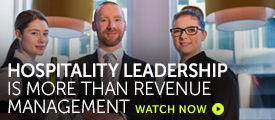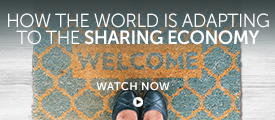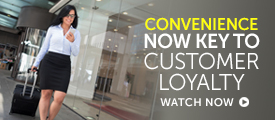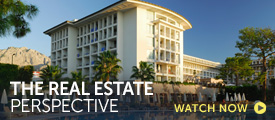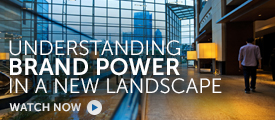A survey published in the Harvard Business Review has revealed that the top two leadership qualities, as rated by global leaders, are having ‘high ethical and moral standards’ and ‘providing goals and objectives with loose guidelines/direction’. In hospitality, leaders at hotel management level and brand executive level have different but equally important roles to play in the success of a business.
In these videos industry experts discuss the importance of good leadership in hospitality:
In 2016, 89% of companies see leadership as an important or very important issue (up from 87% in 2015). That is according to Deloitte’s Global Human Capital Trends 2016.
As a business or industry develops leaders must be able to change and learn. This was reflected in the number four choice in the HBR survey; having ‘the flexibility to change opinion’.
One report that focused on leadership in a world of change is IBMs Global C-suite Study. This found that today’s CEOs say technology is the chief external influence on their enterprises. They think that user-based mobile solutions and cloud computing will be big drivers of change. 82% of the CEOs surveyed expect to engage more digitally over the next 3 to 5 years.
If you’ve been sent to this page and you’re not yet on the circulation list to receive these regular briefings and you would like to sign up, you can do see here. It’s free.
Video clips produced by ybc.tv for the Hospitality Channel, including interview from industry conferences such as the IHIF conference as well as specific Hospitality Channel shoots.
